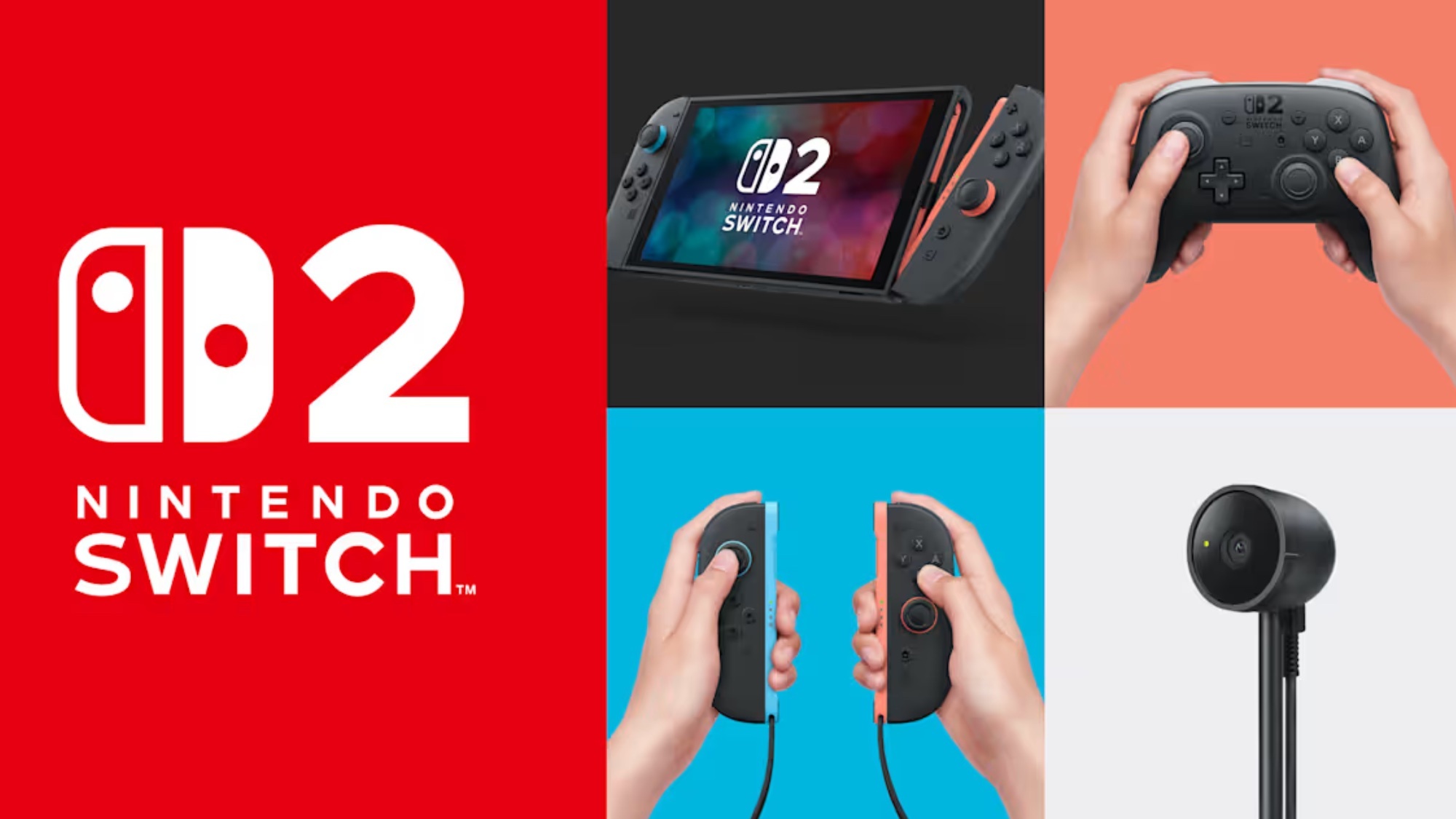Google Assistant Just Won CES 2018, and Alexa Should Be Worried
A bevy of new partnerships and devices with Google Assistant will give Amazon's Alexa some serious competition.
LAS VEGAS — Between the branded monorail, the 15-foot-tall gumball machine and the two-story slide, it's hard not to notice Google's presence at CES 2018. It's the first time the search giant has been so visible at the trade show, and shows that Google is finally getting smart about its smart home plans.
And that could spell serious trouble for Amazon.

Voice assistants are poised to take over our homes. More than 5 billion consumer devices supporting digital assistants will be in use in 2018, with almost 3 billion more added by 2021, according to IHS Markit. Of those devices, 39 million will be smart speakers, up from 27 million units shipped in 2017.
MORE: Best Smart Home Technology
Until now, it seemed like Google was playing catch-up with Amazon. It took nearly a year for Google to come out with an Echo Dot competitor, and just as long for it to let third parties integrate Google Assistant into their devices.
"We want to make sure that people have the broadest set of choices in terms of what kind of device they want that has Google Assistant." - Gummi Hafsteinsson, product management director, Google Assistant
But speakers are just the beginning. LG, Lenovo, Sony and JBL are all integrating Google Assistant into so-called Smart Displays, which will let you interact with the Assistant in new ways. Moreover, some of the displays are more like tablets, and will let you carry them around your house. Try doing that with an Echo Show.

Another sign that Google is gaining momentum is that devices that had previously been Alexa-only, such as the Sonos One smart speakers, are now incorporating Google Assistant, too.
Not that Amazon has been sitting still. Alexa is being integrated into more and more devices, such as light switches and smoke detectors, so that there is potentially something in every room of your house that's always listening, waiting to respond to your voice commands.
On the back end, Google is making it easier to discover all the things that Google Assistant can do. Now called Actions, these skills will appear in their own section of the Google Assistant app. There, they're split into activities, such as Arts & Lifestyle, Travel & Transportation, Productivity, and Games & Fun. It's something that Amazon has had for a while in its Alexa app: a Skills menu lets you not only search for, but also discover new skills sorted by popularity, application and more.

All of this is due to a shift in Google's thinking. No longer can it sit back and largely let other companies develop on its platform, as it did with Android. By taking a more aggressive step forward with its own hardware, it signaled to other companies that it was safe for them to continue to invest resources of their own.
"This CES is important to [Google] because they’ve formally stepped into being a consumer electronics manufacturer," said Paul Erickson, a senior analyst for IHS. "They need to be their own presence and their own brand. They’ve left that to their partners in the past, and the company wants to take control of its destiny."
But it's not just about the devices Google is making. As evidenced by the white jumpsuit-clad Google-ites at dozens of booths, it's also about third-party integrations. To that end, Google has stepped up its support, making sure that its partners have everything they need, and promoting Google Assistant on third-party devices as much as possible. Said Erickson, the higher the profile of Google Assistant on consumer electronics, the more the undeniable need for other developers to incorporate it into their gadgets will be.
Google's philosophy regarding Assistant is that it's a way for people to interact naturally with technology and access information inside their homes or cars, without having to take out a laptop or smartphone, says Gummi Hafsteinsson, product management director for Google Assistant. To that end, if Google Assistant is going to be pervasive, then it has to be in a lot of different devices — not just in terms of functionality, but also form. "We want to make sure that people have the broadest set of choices in terms of what kind of device they want that has Google Assistant," he said.

While last year's push was to get Google's smart speaker lineup up to speed, this year's focus will be on the smart display. The challenge, said
Hafsteinsson, is keeping the interface from becoming just another tablet. "The risk with adding a display is that you’re making it a little close to being a computer," he said. "We wanted this to be instead you’re having a conversation and the display enhances it, so a lot of the work is going to ensure we maintain that simplicity."
It will be interesting to see how Amazon responds to Google's aggressive moves at CES. To be sure, Alexa is in a far more diverse set of products than Google Assistant — such as robots and AR glasses — right now, but the emergence of Google-powered smart displays one-ups the Echo Show and the Spot.

Erickson doesn't believe that the smart assistant race is a zero-sum game. Even after Google catches up to Amazon — in some respects, it already has — both companies will continue to coexist, as each has strengths the other lacks. The real question, he says, will be how Apple will differentiate itself, now that the key aspect of its HomePod — audio quality — has been co-opted by speakers such as the Google Home Max and Sonos One, not to mention others on the horizon.
But when it comes to Google, the company's new strategy has helped it get more than just its foot in your front door.
Sign up to get the BEST of Tom's Guide direct to your inbox.
Get instant access to breaking news, the hottest reviews, great deals and helpful tips.

Michael A. Prospero is the U.S. Editor-in-Chief for Tom’s Guide. He oversees all evergreen content and oversees the Homes, Smart Home, and Fitness/Wearables categories for the site. In his spare time, he also tests out the latest drones, electric scooters, and smart home gadgets, such as video doorbells. Before his tenure at Tom's Guide, he was the Reviews Editor for Laptop Magazine, a reporter at Fast Company, the Times of Trenton, and, many eons back, an intern at George magazine. He received his undergraduate degree from Boston College, where he worked on the campus newspaper The Heights, and then attended the Columbia University school of Journalism. When he’s not testing out the latest running watch, electric scooter, or skiing or training for a marathon, he’s probably using the latest sous vide machine, smoker, or pizza oven, to the delight — or chagrin — of his family.
-
mystre.teacher I want screens that look good on the wall for pictures (Google Pictures in my case) on my walls that will jump into Visual Response of Calendar and Maps. It needs to be thin could have different options for snap-style framesReply -
mystre.teacher This could be a cast only device - I don't think it would really need a built in speaker or mic.Reply
